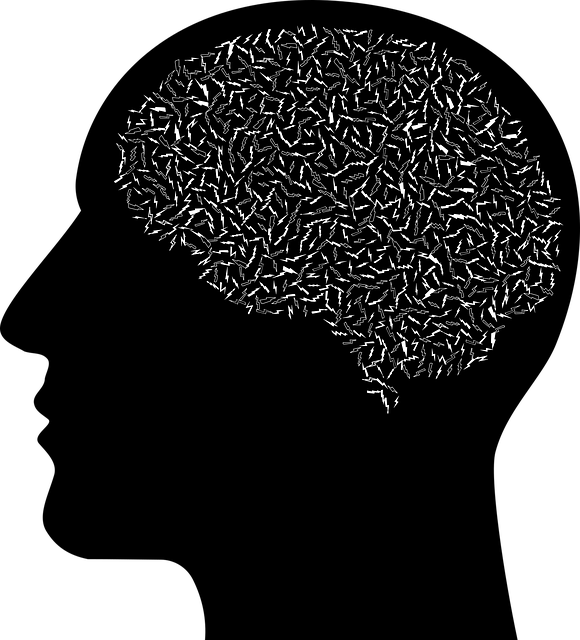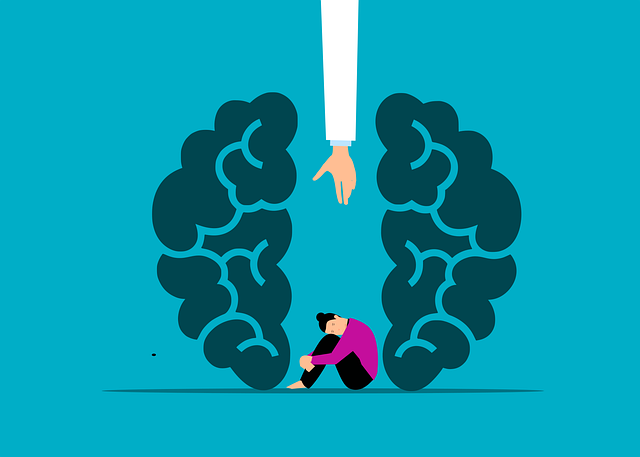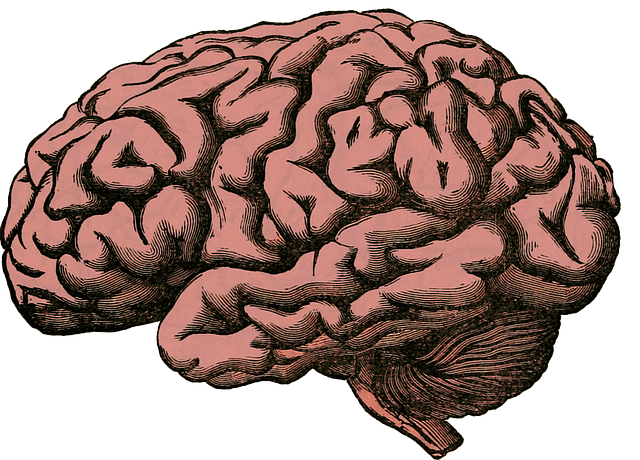Lone Tree Oppositional Defiance Disorder (LTODD) is a challenging mental health condition marked by defiance and emotional dysregulation in adolescents. Effective management requires a multi-faceted approach, including therapy that builds resilience, a cornerstone of mental wellness. RFM (Resilience, Flexibility, Mastery) therapy offers a structured path to resilience, addressing LTODD symptoms through coping skill development, reframing challenges as growth opportunities, and promoting a sense of control. This shifts the perspective from anxiety to empowerment, facilitating mental wellness coaching. Structured daily exercises like mindfulness meditation and compassion cultivation, guided by professionals, enhance resilience further, supporting not only LTODD therapy but also broader mental health awareness and personal growth.
In today’s fast-paced world, building resilience is key to navigating life’s challenges. One effective framework gaining traction is RFM (Resilience, Flexibility, and Mastery), particularly relevant for individuals dealing with conditions like Lone Tree Oppositional Defiance Disorder (LTODD). This article explores the transformative power of RFM in therapy, offering practical exercises to foster resilience. From understanding LTODD’s unique dynamics to exploring tailored therapy approaches, we delve into actionable strategies to enhance coping mechanisms and promote a more adaptive mindset.
- Understanding RFM and Its Role in Resilience Building
- Lone Tree Oppositional Defiance Disorder: A Unique Challenge
- Therapy Approaches to Enhance Resilience
- Practical Exercises for Daily Resilience Training
Understanding RFM and Its Role in Resilience Building

Resilience is a crucial aspect of mental wellness, enabling individuals to overcome challenges and adversity with strength and flexibility. RFM (Resilience, Flexibility, and Mastery) therapy offers a structured approach to building resilience by focusing on three key components. This therapeutic method has proven beneficial for those dealing with conditions like Lone Tree Oppositional Defiance Disorder (LTODD), which often manifests as defiant behaviors and emotional dysregulation.
By integrating RFM principles, therapy aims to enhance coping skills development. It encourages individuals to view challenges as opportunities for growth, fostering a sense of control and mastery over their lives. This transformation in perspective is instrumental in reducing anxiety relief and promoting mental wellness coaching programs. Through exercises tailored to RFM, clients learn to navigate life’s obstacles with greater ease, developing robust strategies to manage stress and emotional turmoil, which are essential aspects of overall well-being.
Lone Tree Oppositional Defiance Disorder: A Unique Challenge

Lone Tree Oppositional Defiance Disorder (LTODD) presents a unique challenge within the realm of mental health. Often manifesting in adolescents, it’s characterized by consistent opposition to authority figures and a defiant attitude. This disorder can significantly impact an individual’s ability to thrive academically, socially, and emotionally, potentially leading to serious consequences like burnout prevention failure if left unaddressed.
Effective therapy for LTODD involves a multifaceted approach tailored to the individual needs of each patient. Crisis intervention guidance plays a crucial role in managing acute situations while fostering skills aimed at enhancing mental wellness. The integration of these strategies within the Mental Wellness Podcast Series Production can offer valuable insights and support, making it an innovative tool for both professionals and those seeking to navigate this complex challenge.
Therapy Approaches to Enhance Resilience

Resilience is a vital component of mental well-being, especially for individuals dealing with oppositional defiance disorder (Lone Tree Oppositional Defiance Disorder Therapy). Various therapeutic approaches have been developed to enhance resilience and foster coping mechanisms in those facing challenges. One effective method is Cognitive Behavioral Therapy (CBT), which focuses on identifying and changing negative thought patterns and behaviors that can impede an individual’s ability to cope with stress. CBT encourages self-awareness exercises, helping clients understand their triggers and develop healthier responses.
Additionally, exposure therapy, a subset of CBT, gradually exposes individuals to stressful situations or memories in a safe environment, allowing them to build resilience by confronting and managing their fears. Public awareness campaigns play a significant role in promoting mental health literacy and reducing the stigma associated with seeking help. Cultural sensitivity in mental healthcare practice is also crucial, ensuring that therapeutic approaches are adapted to respect diverse cultural beliefs and backgrounds, thereby enhancing accessibility and effectiveness.
Practical Exercises for Daily Resilience Training

Building resilience is a crucial aspect of mental health and well-being, especially for individuals navigating challenges like Lone Tree Oppositional Defiance Disorder (LTODD). Daily exercises designed to strengthen resilience can help individuals cope with stress, adversity, and difficult emotions more effectively. One such approach is incorporating structured practices into routines, offering practical tools for managing symptoms and enhancing overall resilience.
Mental health professionals can guide clients in engaging with various exercises, including mindfulness meditation and compassion cultivation practices, which have been shown to be effective in the Risk Assessment for Mental Health Professionals framework. By regularly practicing these skills, individuals can develop a deeper sense of self-awareness, cultivate empathy, and foster a more positive outlook on life’s challenges. Such exercises not only support resilience but also contribute to broader Mental Health Awareness and overall personal growth.
Resilience is a vital asset in navigating life’s challenges, and RFM (Resilience, Flexibility, and Mastery) exercises offer a powerful framework. As discussed, Lone Tree Oppositional Defiance Disorder (LTODD) presents unique obstacles, but targeted therapy approaches can significantly enhance resilience. Practical daily exercises, such as those outlined in this article, empower individuals to build mental fortitude. By integrating these strategies into their routines, people with LTODD and others facing adversity can cultivate a more adaptive mindset, fostering overall well-being and empowering them to thrive despite challenges.














